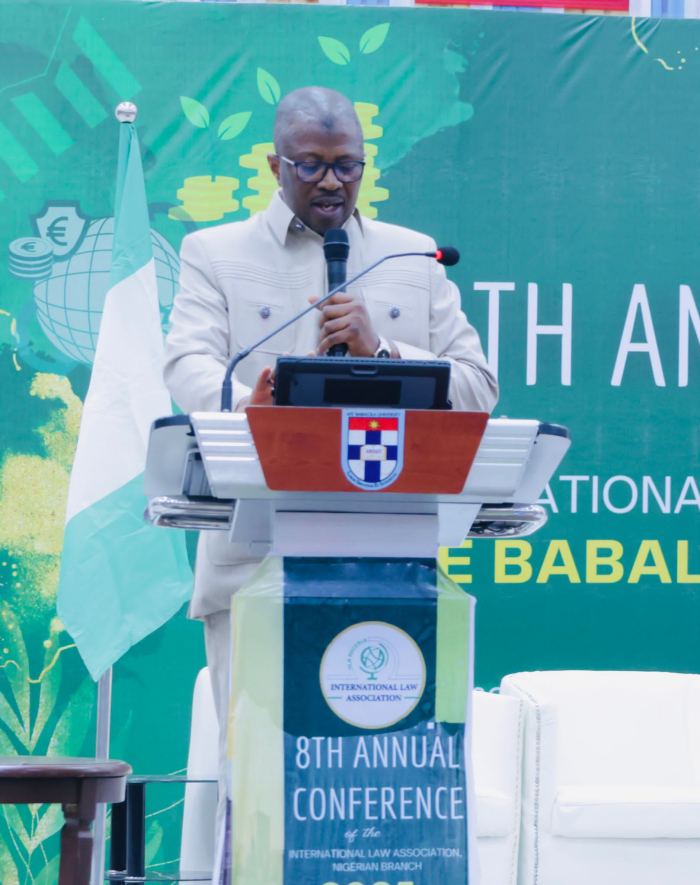
Speaking at the 8th Annual Conference of the International Law Association – Nigerian Branch, Minister Joof described The Gambia as a firm believer that Africa must leverage collective bargaining power at the WTO to counter fragmentation.
“The continued rise of geopolitical tensions and weaponisation of economic relations have disrupted global supply chains, heightened protectionism, and undermined the multilateral trading system,” he said, adding that the ongoing US-China-Canada trade war, the Russia-Ukraine conflict, the prolonged middle-east conflict, and the broader shift towards regionalism and economic blocs have created an environment of major uncertainty.
“In response to this uncertainty, many countries are turning to trade restrictive and industrial protection measures to circumvent the effect of these measures in the domestic market.”
“This is making it harder at the multilateral level to build consensus around trade and investment policies to support economic integration and sustainable development.”
Minister Joof added that these developments also challenge the very foundations of international trade law, which seeks to promote fairness, predictability, and cooperation in global trade and investment. “The contemporary trade wars are the direct consequences of deviations from commitments, from increased tariffs to protectionist policies and developing countries continue to suffer the most from these trade tensions.”
For Africa, these shifting global dynamics present both risks and opportunities, and so it is imperative that we strategically reposition ourselves to navigate these complexities and harness the potential of international trade rules to drive sustainable development.”
“These tensions exacerbate existing vulnerabilities. Many African economies remain heavily dependent on raw commodity exports, making them susceptible to fluctuations in global demand and prices.”
“Moreover, the fragmentation of global trade systems risks marginalizing Africa further, as larger economies prioritize their own regional alliances.
In the light of this challenge, Africa must take bold and decisive steps to reposition itself. The African Continental Free Trade Agreement (AfCFTA) represents a historic opportunity to do just that.”
As the largest free trade area in the world by membership, he said, the AfCFTA has the potential to transform Africa’s economic landscape by boosting intra-African trade, fostering industrialisation, and creating a unified market of 1.3 billion people.





